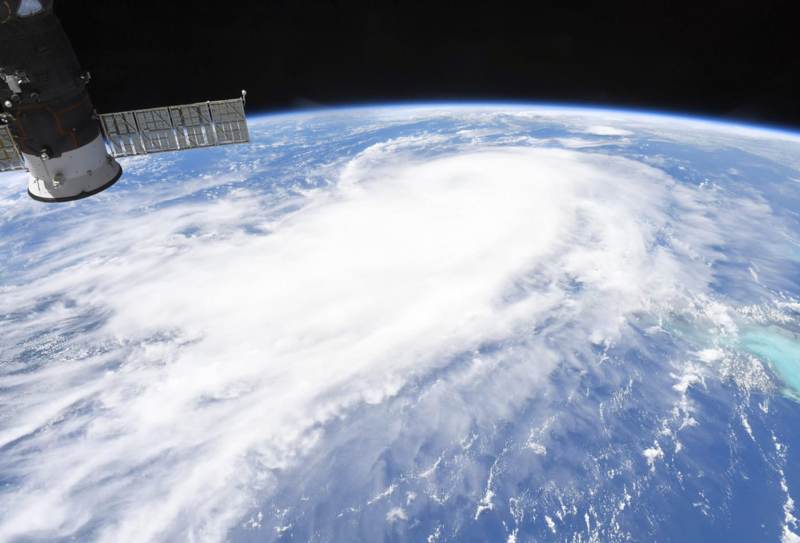Climate-attributed U.S. hurricane losses may be underestimated: Aon research

Research undertaken by insurance and reinsurance broker Aon alongside Columbia University suggests that climate models may be underestimating the future loss impacts of Atlantic hurricanes and U.S. severe storms.
The research suggests that climate models may be incorrectly representing the pattern of warming in the Pacific Ocean in response to greenhouse gases, Aon and Clumbia University have said.
Which the pair say could mean that near-term projections of severe weather, such as hurricane and tropical storm activity in the North Atlantic and severe convective storms in the U.S., are being underestimated.
Aon’s academic collaboration with the university and other academic research organisations seek to progress climate science, enhance the efficacy of catastrophe models leveraged by the insurance, reinsurance and insurance-linked securities (ILS) markets, while at the same time helping organisations that have been working to meet climate related mandates.
Aon said today it has renewed its its research collaboration with Columbia University, which will continue to have a focus on better understanding and quantifying the uncertainty of climate change impacts on tropical cyclones, but has also now been expanded out to include work focused on other perils and regions as well.
The work is already bearing fruit for Aon, as the broking company has updated its Impact Forecasting Hurricane Model, with v3.0 released this year, to feature additional climate change views for every stochastic run.
Aon and Columbia University now warn, based on the initial research undertaken, that losses could be underestimated in certain cases and by certain climate models.
The pair state that, “Climate-attributed U.S. hurricane losses could increase by at least 10 percent over the next 20 years, but underlying uncertainty in loss projections reflect the overall scientific uncertainty of future hurricane frequency changes.”
Further stating that the uncertainty around future projections of losses means that risk management and climate adaptation strategies need to be resilient to a wide range of possible outcomes.
Interestingly, one other output of the research is a finding that a aerosol concentrations are a key driver of Atlantic Ocean hurricane frequency.
The pair say these help to explain past historical hurricane trends, but also suggest that “future reduction of aerosols may lead to relatively more storms.”
Also pertinent is the finding that, “Climate models appear to be incorrectly representing the pattern of warming in the Pacific Ocean in response to greenhouse gases, which could mean that near-term projections of severe weather – such as tropical cyclone activity in the North Atlantic Ocean and severe convective storms in the U.S. – are underestimated.”
Aon said that, “This finding implies that model projections of tropical cyclone activity may be too active in the Pacific Ocean, and not active enough in the Atlantic Ocean. The new research will constrain and quantify this uncertainty, using improved climate model projections to understand the implications on tropical cyclone risk and projected losses in Aon’s Impact Forecasting model.”
Patrick Kelly, Aon’s head of Climate Analytics for North America, commented, “Climate risk across geographies and perils is interconnected, and represents a significant area of uncertainty for the re/insurance industry. Aon and Columbia will continue to work together to understand how global climate factors influence multi-peril and multi-region losses. This research will help global organizations navigate volatility, build resilience and ultimately shape better business decisions.”






